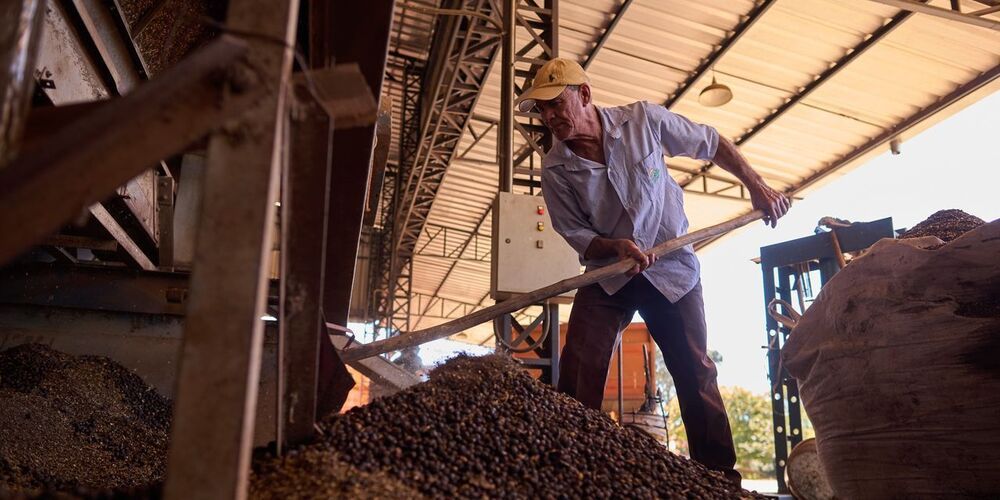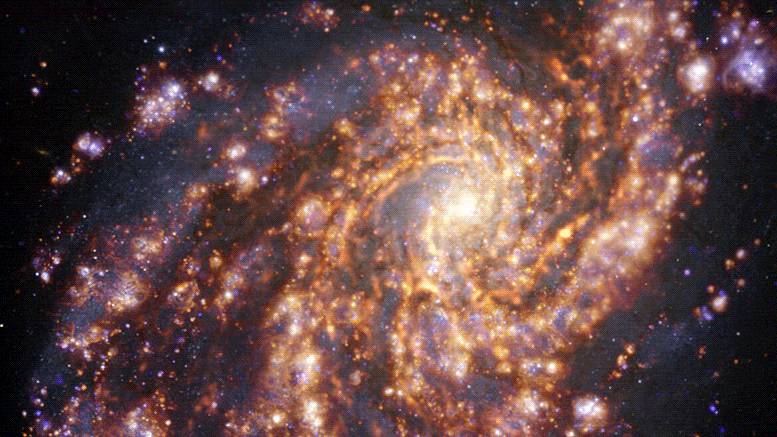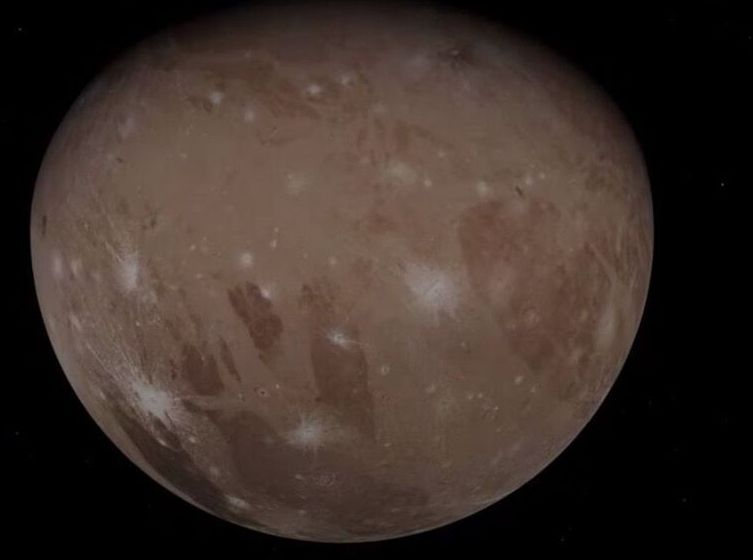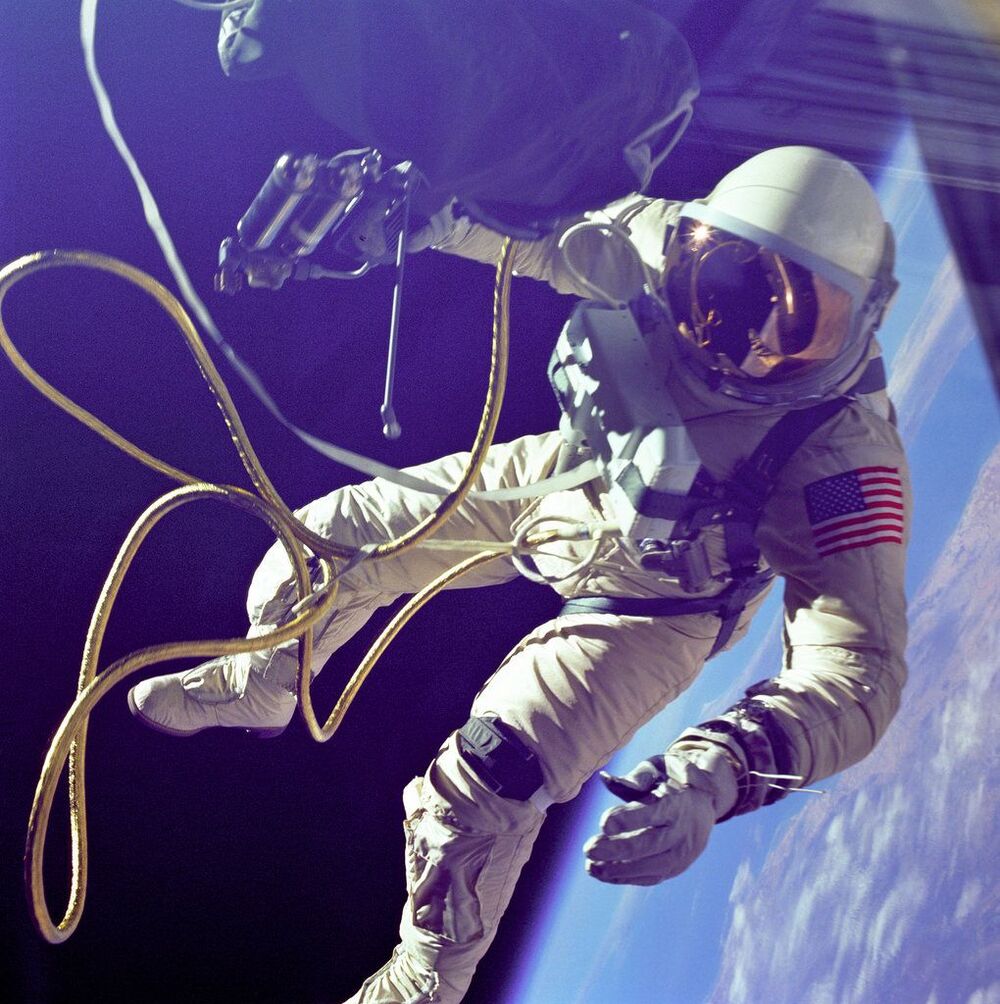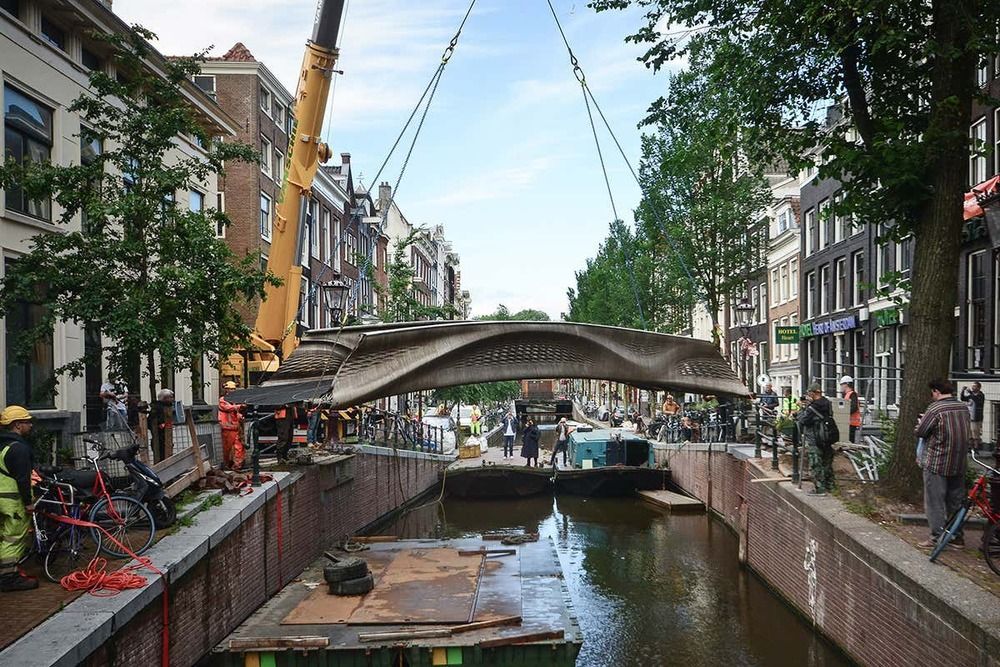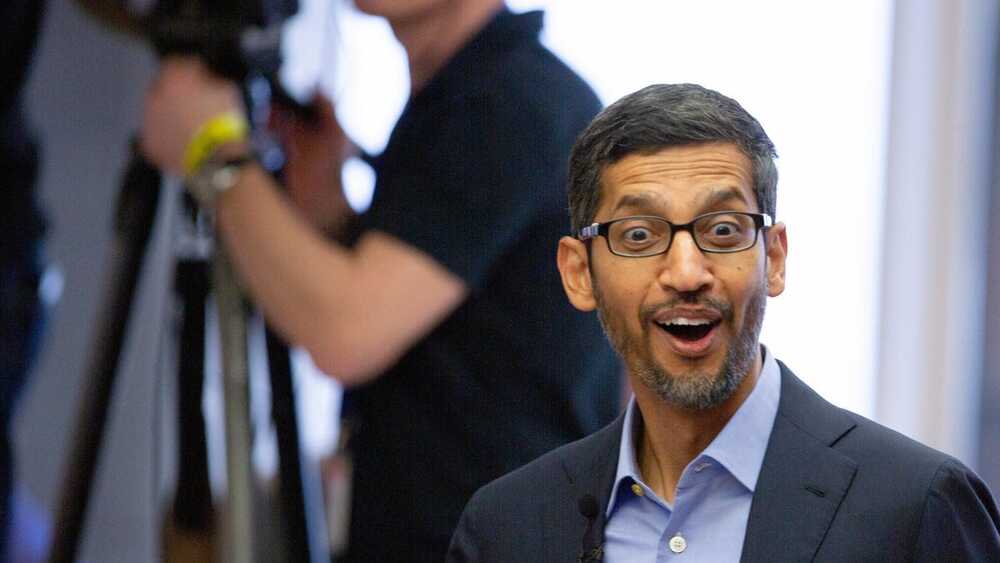Bad news for coffee lovers. Global warming will limit our coffee consumption.
Global coffee prices are climbing and threatening to drive up costs at the breakfast table as the world’s biggest coffee producer, Brazil, faces one of its worst droughts in almost a century.
Prices for arabica coffee beans—the main variety produced in Brazil—hit their highest level since 2016 last month. New York-traded arabica futures have risen over 18% in the past three months to $1.51 a pound. London-traded robusta—a stronger-tasting variety favored in instant coffee—has risen over 30% in the past three months, to $1749 a metric ton, a two-year high.
Brazil’s farmers are girding for one of their biggest slumps in output in almost 20 years after months of drought left plants to wither. Brazil’s arabica crop cycles between one stronger year followed by a weaker year. Following a record harvest in 2020, 2021 was set to be a weaker year, but the drop is more severe than expected.
